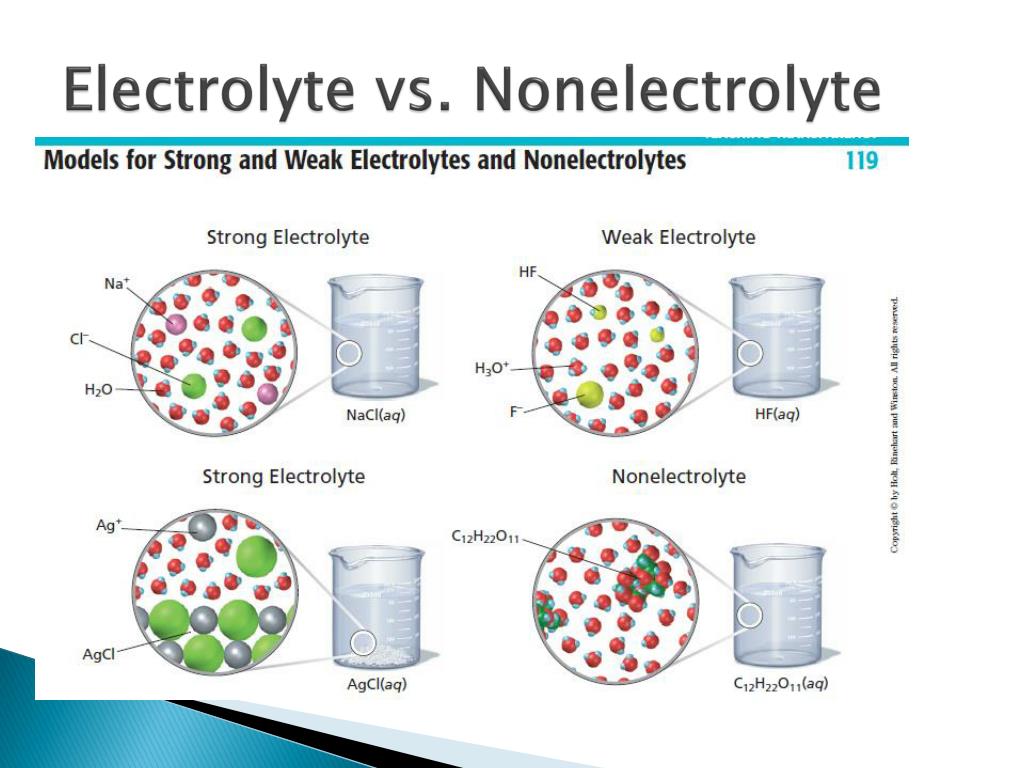
Furthermore, their potential for enabling the use of a high capacity Li metal anode may greatly enhance the energy and power density and cycle life of current batteries ( Pomerantseva et al., 2019). Solid-state electrolytes, on the other hand, are non-flammable, offering higher thermal stability, providing improved safety compared to liquid electrolytes batteries. In addition, the high reactivity of liquid electrolytes with the electrodes leads to side reactions and capacity fade over time ( Xiao et al., 2020). Conventional LIBs suffer from potential fire hazards caused by short-circuiting of the battery that may cause thermal runaway ( Varzi et al., 2016 Manthiram et al., 2017 Wang X. Driven by the growing number of applications and ever increasing use of consumer electronics, significant research effort has been focused on developing improved battery systems and reducing production costs ( Fu et al., 2014 Luo et al., 2016 Zhu et al., 2018b, c).
Does a cc check electrolytes portable#
Lithium-ion batteries (LIBs) have revolutionized battery technologies, serving as the key component in personal portable electronics, electric vehicles, and stationary energy storage ( Ge et al., 2014 Yanilmaz et al., 2016 Zhu et al., 2016b, d Luo et al., 2017 Famprikis et al., 2019 Lagadec et al., 2019 Lee et al., 2019 Liu et al., 2019 Zhao et al., 2020). The present review provides insights into HSE development to allow a more efficient and target-oriented future endeavor on achieving high-performance solid-state LIBs. The main challenges including unsatisfactory ionic conductivity and perspectives of HSEs for LIBs are highlighted for future development. Approaches for the preparation of hybrid electrolytes and current understanding of ion-transport mechanisms are discussed. This article summarizes recent developments in HSEs for LIBs. Among the various types of solid electrolytes, hybrid solid electrolytes (HSEs) demonstrate great promise to achieve high ionic conductivity, reduced interfacial resistance between the electrolyte and electrodes, mechanical robustness, and excellent processability due to the combined advantages of both polymer and inorganic electrolyte. Solid-state LIBs improve the safety of conventional liquid-based LIBs by replacing the flammable organic electrolytes with a solid electrolyte. Lithium-ion batteries (LIBs) have attracted worldwide research interest due to their high energy density and long cycle life.



 0 kommentar(er)
0 kommentar(er)
